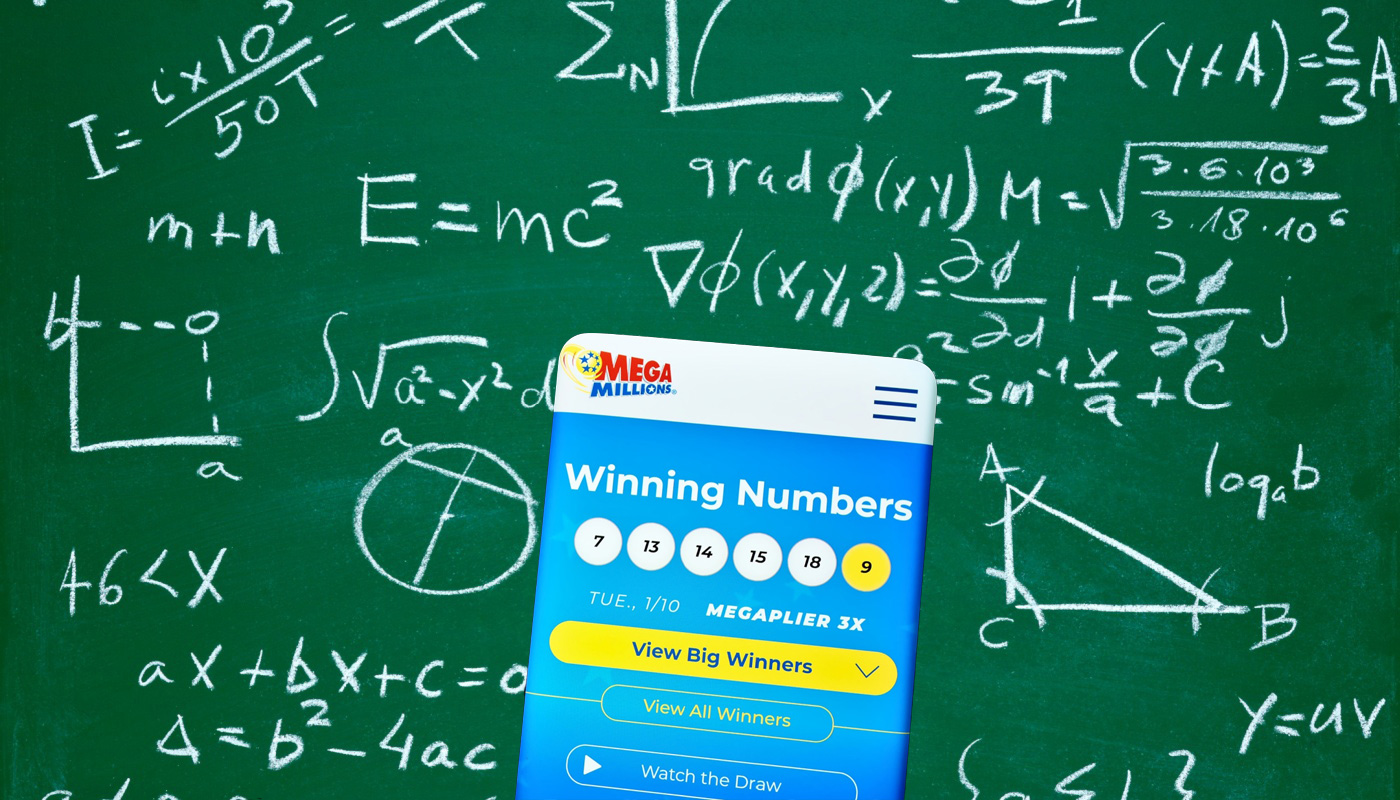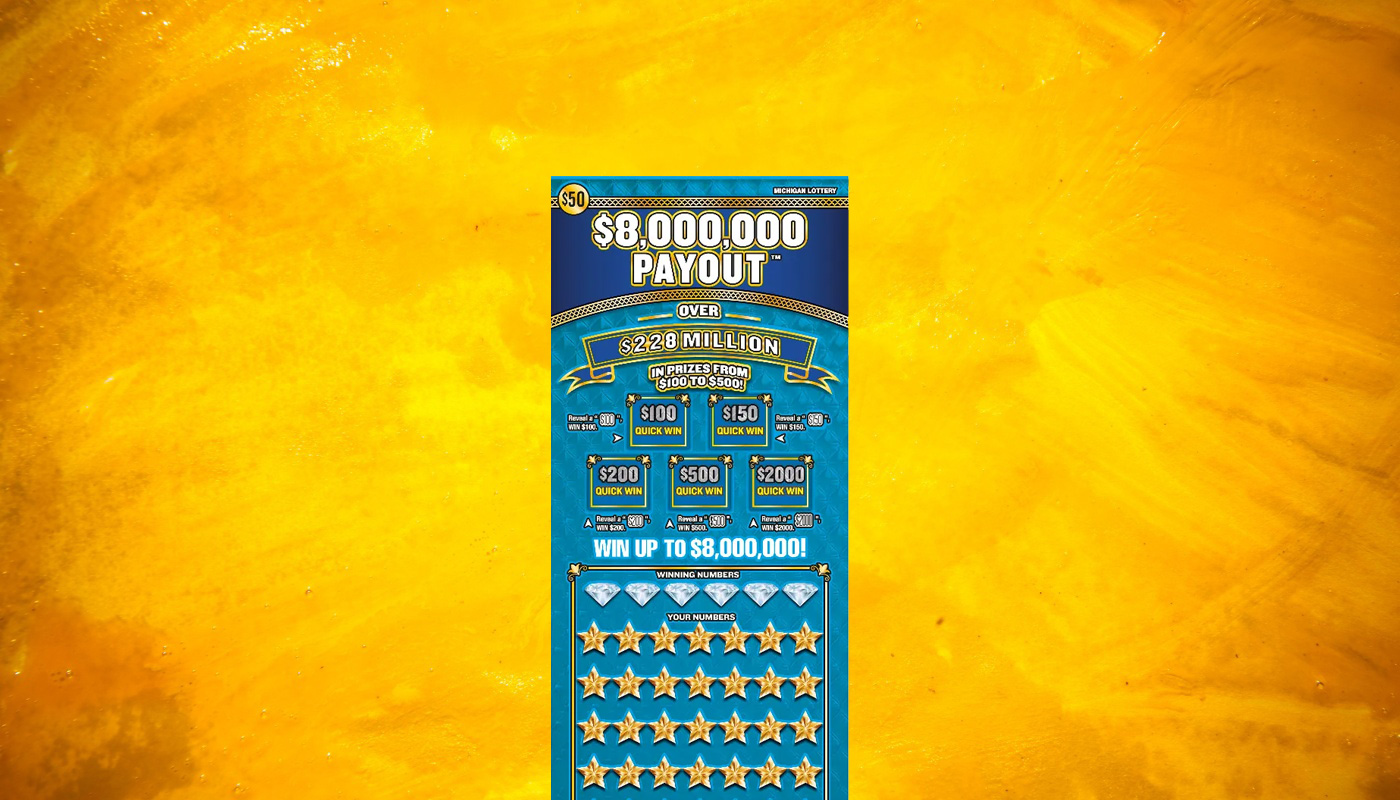
News writer; Opinion columnist
Bob Hamman dropped out of UCLA five times. When invited, to his great surprise, back to lecture an ethics and leadership class, he spent most of it gambling on backgammon in the back of the lecture hall.
Hamman has no degree. But for much of his 86 years, he's had an obsession with math.
That helped in becoming a world champion bridge player, chess and backgammon hustler, and prompted him in 1986 to found SCA Promotions, which initially specialized in crafting insurance policies for large hole-in-one contests. He later broadened the business to risk-mitigation for companies like its numerous state lottery clients.
Hamman is therefore fascinated by odds and probabilities, even though he is just fine hiring someone to get quicker to the bottom line. When considering the universe of numbers surrounding lottery play, he insists that the computations are “cut and dried.” That doesn't mean they're simple to manipulate.
The understood odds of hitting all six numbers in Powerball, for example, are 1 in 292.2 million. For Mega Millions, it's 1 in 302.5 million.
Hamman explained to Lottery USA:
You start quantifying. If you play the lottery five times a day for the rest of your life, you've got 1,825 different shots a year. And if you took that out to, say, 1,500 years, you'd have a 1% chance of winning the lottery.
Cut and dried. Definitely not easy. Applying knowledge of college basketball to produce a perfect March Madness bracket - it's never been done - is considered easier by mathematicians than winning a Powerball jackpot.
Odds for other unlikely occurrences:
- 1 in 36: Rolling snake eyes
- 1 in 4,165 hands: Getting a four-of-a-kind in five-card poker
- 1 in 12,500: Hitting a hole-in-one
- 1 in 15,300: Being hit by lightning
- 1 in 32,768: Every home team winning in an MLB parlay
- 1 in 649,739 hands: Getting a royal flush
- 1 in 3.7 million: Death by shark
- 1 in 120.2 billion: Perfect March Madness bracket with analysis
- 1 in 292.2 million: Winning Powerball
- 1 in 9,223,372,036,854,775,808: Perfect March Madness bracket with coin flips
A jackpot can be bought … sometimes, and there are catches
There are ways to juice the system, Hamman said, but even with a plan and a load of money to invest, there remains the nettlesome issue of luck. There's no equation for that.
“Buying” all 292.2 million Powerball combinations has often been foisted as a foolproof way of claiming a huge pot. But it's an expensive proposition, with tickets at $2 each. And likely to irritate everyone else in the line at the Wawa. It also would be a logistical nuisance, requiring a passel of cash or a ridiculous amount of credit.
The top few Powerball jackpots of all time - including the record $2.04 billion draw in 2022 - would seemingly make such a play financially worthwhile for some presumably mega-rich and mega-thrill-seeking player, though.
Wouldn't it?
Maybe not, considering the next layer of variables. Hamman continued to explain:
Certainly, there are times when the jackpot is sufficiently high that if you buy all the numbers, you're going to show a profit, except that if you have to start splitting the jackpot with other players and you take into account taxation, it's an unusual situation.
Largest United States lottery jackpots:
- $2.04 billion (Nov. 7, 2022), Powerball, one ticket
- $1.765 billion (Oct. 11, 2023), Powerball, one ticket
- $1.602 billion (Aug. 8, 2023), Mega Millions, one ticket
- $1.586 billion (Jan. 13, 2026), Powerball, three tickets
- $1.537 billion (Oct. 23, 2018), Mega Millions, one ticket
- $1.348 billion (Jan. 13, 2023), Mega Millions, one ticket
- $1.337 billion (Jul. 29, 2022), Mega Millions, one ticket
- $1.326 billion (Apr. 7, 2024), Powerball, one ticket
- $1.22 billion (Dec. 27, 2024), Mega Millions, one ticket
- $1.13 billion (Mar. 26, 2024), Mega Millions, one ticket
Interest rises with jackpot sizes, muting the expensive gambit
Nothing draws a crowd like a crowd. Nothing makes a massive lottery jackpot mushroom like a massive lottery jackpot. A Powerball or Mega Millions kitty four times Lionel Messi's 2017 Barcelona contract would certainly attract even more ticket-buyers.
In the process, the big spender's pot-buying play is likely foiled. Hamman explained:
If sales are relatively high, now you're going to get lesser value prices for most of your tickets. You're going to get roughly a 50% payout, excluding the jackpot. Say you get 30% excluding the jackpot; you're getting more than the jackpot, but of course, now it all comes in as taxable income, and that's got to be factored into the equation. So, the opportunity is true, and it has happened, but it's a relatively unusual situation.
And controversial. Texas Lottery officials changed state rules in 2023 after a syndicate of European players spent $25 million to win a $95 jackpot, the third-largest in state history. The anonymous buyers exploited a 90-percent win probability to bank $57.8 million as the lone winners with the aid of the Texas Lottery, which facilitated the use of extra machines to process the purchase of most of the 25.8 million Lotto Texas ticket combinations.
“There's no question in my mind that the integrity (of the lottery) was lost in this process,” Texas Sen. Tan Parker said in subsequent hearings.
Most lucrative contracts in sports history:
Think pro sports contracts are out of control? They may be. But the winners of the top 10 lottery jackpots made out better than the members of this list, without all the muscle pulls and hecklers in the box seats.
- Juan Soto, New York Mets (MLB), 2024: $805 million, 15 years
- Shohei Ohtani, Los Angeles Dodgers (MLB), 2024: $700 million, 10 years
- Lionel Messi, Barcelona (LaLiga), 2017: $674 million, four years
- Cristiano Ronaldo, Al-Nassr (Saudi Pro League), 2023: $536 million, 2.5 years
- Patrick Mahomes, Kansas City Chiefs (NFL), 2020: $450 million, 10 years
- Karim Benzema, Al-Ittihad (SPL), 2023: $447.3 million, two years
- Mike Trout, Los Angeles Angels (MLB), 2019: $426.5 million, 12 years
- Canelo Alvarez, DAZN (MMA), 2018: $365 million, five years
- Mookie Betts, Los Angeles Dodgers (MLB), 2021: $365 million, 12 years
- Aaron Judge, New York Yankees (MLB), 2023: $360 million, nine years
On Lance Armstrong, Dustin Hoffman, and being game
In 2015, SCA helped recover $10 million in prize money related to Lance Armstrong vacating seven Tour de France wins because of illegal doping admissions. Academy Award-winner Dustin Hoffman portrayed Hamman in The Program, which was based on the case. Hamman joked that Hoffman prepared for the role by “gaining a hundred pounds.”
SCA's work with U.S. lottery outlets is much less exhilarating, which is a commodity in Hamman's business. He said:
Quite often, we do work for specialized games, not the regular jackpot limits, because those are pretty well-funded. And they're all pari-mutuel payouts, so there isn't much exposure to the lottery. But occasionally, they have an odds-based situation, and depending on circumstances, they may seek some ability to defray the risk. As long as we can quantify it, we're game for it.
The math behind winning the lottery is also quantifiable. But even with understanding all those huge numbers, it remains a tough game.
















Comments